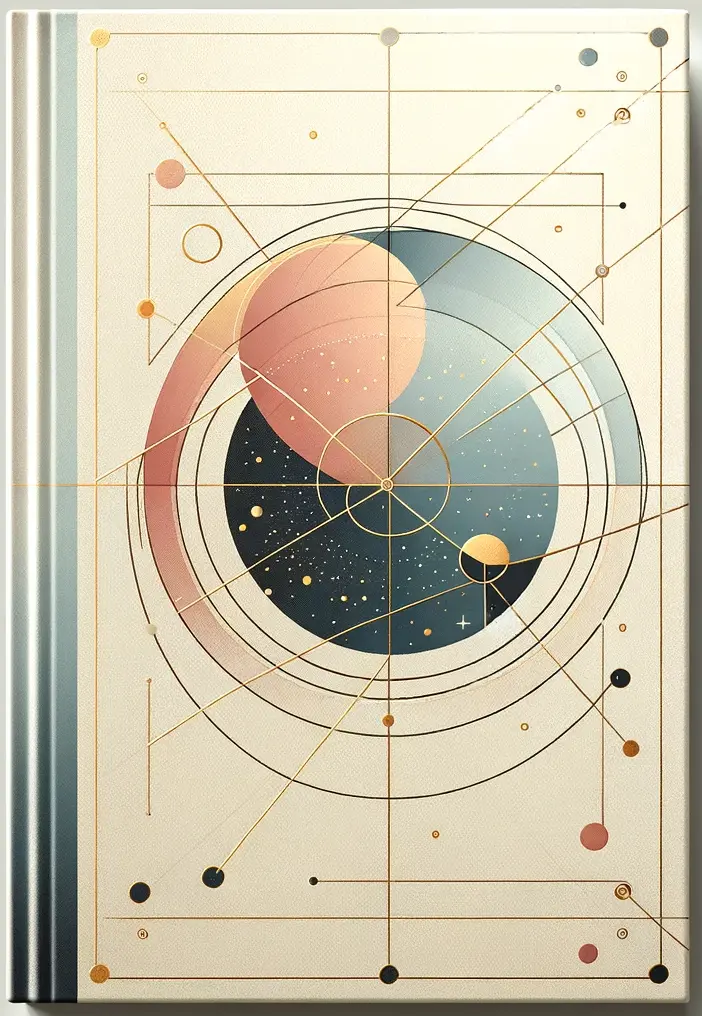Discover books similar to "Speaker for the Dead"

Orson Scott Card
Speaker for the Dead
4.07
Part of "Ender’s Saga" series
"Speaker for the Dead" is a science fiction novel written by Orson Scott Card, and it is the second book in the Ender's Game series. The novel takes place 3,000 years after the events of "Ender's Game," and follows the life of Ender Wiggin, who is now an adult and is known as the Speaker for the Dead. In this role, Ender travels to different planets, investigating the lives of the deceased and speaking the truth about them at their funerals. The novel centers around Ender's investigation into the life of a man named Pipo, who was killed on the planet Lusitania, and the subsequent events that unfold as Ender uncovers the truth about Pipo's death. The novel explores themes of truth, forgiveness, and the consequences of our actions. It delves into the idea of how our perceptions of others are often based on incomplete information and how the truth can be both illuminating and devastating. The novel also raises questions about the nature of intelligence and the possibility of communication with non-human species. Card's writing style is descriptive and engaging, and he creates a richly detailed world that is both familiar and alien. The characters are well-developed, and the relationships between them are complex and nuanced. The novel is a thought-provoking and emotionally resonant exploration of what it means to be human. "Speaker for the Dead" is a worthy successor to "Ender's Game" and a must-read for fans of the series. It is a standalone novel, however, and can be enjoyed without having read the first book. The novel won the Nebula Award for Best Novel in 1986 and the Hugo Award for Best Novel in 1987, and it is considered a classic of science fiction literature...
List of books similar to "Speaker for the Dead":

Orson Scott Card
Ender's Game
If you enjoyed 'Speaker for the Dead', you might want to read the first book in the series, 'Ender's Game'. This novel introduces the character of Ender Wiggin and the events that lead him to become the Speaker for the Dead in the sequel. It's a coming-of-age story set in a future where Earth is at war with an alien race, and children are trained to become military commanders.
Learn More
Orson Scott Card
Xenocide
The third book in the Ender's Game series, 'Xenocide' follows Ender and his companions as they travel to the homeworld of the alien race, the Formics, in an attempt to save humanity from destruction. This novel explores themes of colonialism, religion, and the nature of consciousness.
Learn More
Orson Scott Card
Children of the Mind
The fourth and final book in the Ender's Game series, 'Children of the Mind' picks up where 'Xenocide' left off, with Ender and his allies racing against time to save humanity from annihilation. This novel is a meditation on the meaning of life, death, and the human spirit.
Learn More
Ursula K. Le Guin
The Left Hand of Darkness
If you're looking for a standalone science fiction novel that explores themes of identity, culture, and communication, you might enjoy 'The Left Hand of Darkness'. This novel is set on a planet where inhabitants can choose their gender, and follows the story of a human envoy who must navigate the complex political landscape of this alien world.
Learn More
Octavia Butler
Dawn
In 'Dawn', the first book in Octavia Butler's Xenogenesis trilogy, humanity is on the brink of extinction after a nuclear war. A group of survivors are rescued by an alien race, the Oankali, who offer to help them rebuild their civilization. But at what cost?
Learn More
William Gibson
Neuromancer
If you're interested in cyberpunk, you might enjoy 'Neuromancer', the novel that popularized the genre. This novel follows the story of a washed-up computer hacker who is hired by a mysterious employer to pull off the ultimate hack.
Learn More
Mary Doria Russell
The Sparrow
In 'The Sparrow', a group of Jesuit priests and scientists travel to another planet in response to a mysterious signal. But when they arrive, they find a world that is both beautiful and deadly. This novel explores themes of faith, culture, and the human condition.
Learn More
Ursula K. Le Guin
The Dispossessed
In 'The Dispossessed', Ursula K. Le Guin explores the themes of anarchy, capitalism, and communism through the story of a physicist who travels from an anarchist society to a capitalist one. This novel is a meditation on the meaning of freedom, individuality, and community.
Learn More
Larry Niven
The Mote in God's Eye
In 'The Mote in God's Eye', humanity makes contact with an alien race for the first time. But as they begin to explore this new world, they discover that the aliens have a dark secret. This novel is a space opera that explores themes of first contact, colonialism, and the nature of humanity.
Learn More
Iain M. Banks
The Culture
If you're looking for a science fiction series that explores the implications of artificial intelligence and post-scarcity societies, you might enjoy 'The Culture' series by Iain M. Banks. This series follows the adventures of the Culture, a post-scarcity society that has achieved virtual immortality through advanced technology.
Learn More